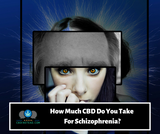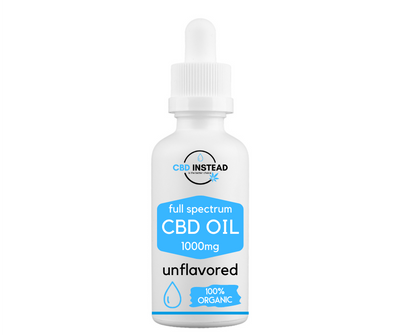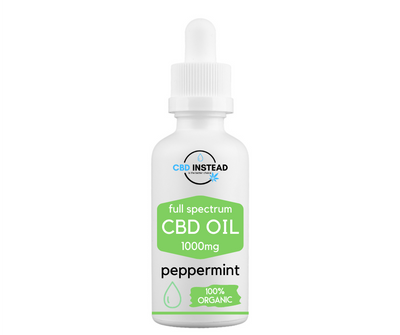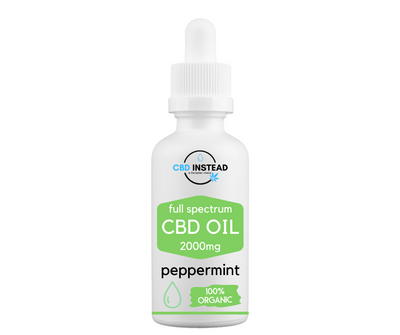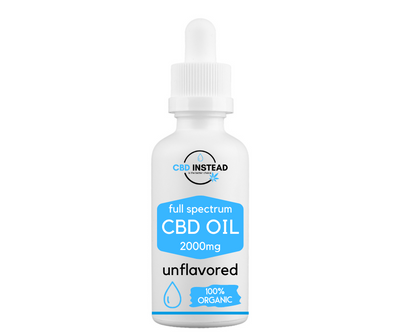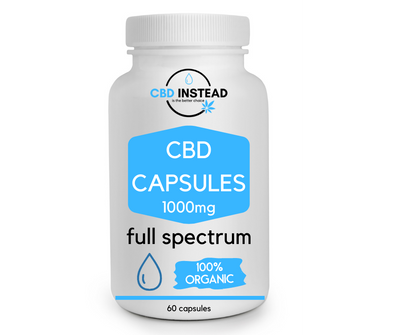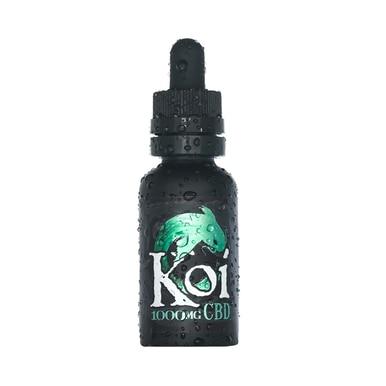CBD oil and other medical marijuana products may be the golden goose of all ages. Not only do they help with pain, mood disorders, and general health, recently cannabis has been linked to a possible treatment for autism.
Researchers aren’t sure exactly how many children have autism, but the numbers they have concluded are about 1 in every 68 children show symptoms of the disorder. It’s an incredibly complicated neurobehavioral disorder that affects social skills and complex behaviors. Some disorders are so severe the child will eventually need institutional care, and we are ready for a cure.
Though researchers do not state that medical marijuana is a cure for autism, they are still incredibly interested in the possibilities from current research. They have noticed that CBD can help with some of the symptoms such as social deficit and hyperactivity, which they think could be a pathway to finding out if CBD can cure the disorder altogether.

What Happens In The Brain That Results In Autism?
The more we research autism, the more sense it starts to make. Autism is when there is a mutation in the brain that interferes with the endocannabinoid signaling. Not getting enough endocannabinoids is a problem because they play a huge role in keeping the body in regulation. Without endocannabinoids, our bodies go haywire.
There are these proteins called Neuroligins that help run the functions that go in between cells as they communicate. Billions and billions of neurons make up our brain, giving off electrical impulses that send chemicals to each other. These substances create reactions which are how your brain knows to move, sneeze, or laugh.
The neuroligins connect the cells t the synapse (the space between two cells used for communication), mediate the signaling going through the synapse, and specifies the functions of the synapses. These proteins are quite crucial for your brain to function correctly.
Neuroligin-3 (NL3) is in charge of the secretion of the endocannabinoids anandamide (AEA) and 2-arachidonoylglycero (2-AG). Any changes in these proteins could throw the endocannabinoid system so out of whack, that the body can’t even function.
Why Is It Important To Have A Healthy Endocannabinoid System?
An unhealthy endocannabinoid system should never be taken lightly. This system is in charge of you being you. The endocannabinoid system is in charge of homeostasis, which is the regulation of the body. It is always running to improve and maintain health throughout the body. When you get sick, the endocannabinoid system is what encourages your immune system, and when you are sad, it helps your brain not get too depressed.
The endocannabinoid system is made up of three main parts that all work together to create the beautiful symphony that keeps your brain and body running smoothly. Within the system, there are endocannabinoids, cannabinoids receptors, and metabolic enzymes.
Metabolic Enzymes
Metabolic enzymes are the muscle of the endocannabinoid system. They go around in their nursing muscle shirts and scrub clean the hormones that are no longer in use, so they don’t clutter the free space in the brain. They also run into the line of fire to help regenerate cells that may have been harmed. While they are heroically running maintenance throughout the body, they help restore new cells to replace the cells that couldn’t make it.
Cannabinoid Receptors
Receptors are located on the outer part of the cell, and wait for compatible chemicals to come along to bind to. Once they bind when a chemical, a reaction happens effecting the cell, in turn effecting the brain.
There are two receptors that researchers know about, CB1 and CB2. They have found that both receptors are located all over the body, which could be the reason CBD is so effective in so many different ways.
Though CB1 receptors are found throughout the body, they are more densely populated in the brain. Their functions are based on the neurological system. The CB2 receptors are more spread out throughout, and interact’s with the body’s immune system.
Endocannabinoids
Endocannabinoids are chemicals that the brain creates organically. The two compounds that we know the most about are anandamide (AEA) and 2- arachidonoylglycero (2-AG). AEA binds to CB1 receptors, while 2-AG is seen binding with CB2 receptors.
Endocannabinoids are unique because they travel backward through what is called retrograde signaling. This means that they leave the receiving neuron, or postsynaptic cell, to interact with the sending neuron, or the presynaptic cell. The endocannabinoids tell the sending cell what is needed, or to stop sending hormones because the presynaptic cell is too excited. This process regulates the majority of the body.
Anandamide Is Involved With The Body’s
Sleep
Pain Management
Appetite regulation
Mood Regulation
Memory
Cognition
Fear
Attention
Movement
Reproduction
Pleasure
2-AG Is Inloved With The Body’s
Appetite Regulation
Pain Management
Immune Functions
Neuroprotection
Memory
Movement
Sleep
Reproduction
Bone Health
Mood
Can you guess what protein autism mutates? You guessed it; autism mutates NL3. These mutations have shown that they stop the endocannabinoids from being released into the brain. This can cause a whole world of problems from slight sensory issues to the inability to communicate or function.
How can CBD help?
One of CBD’s primary functions is elevating the levels of endocannabinoids produced. This could prove to be an extremely valid treatment for autism once more research has been done. Though scientists and doctors haven’t decided if CBD is a cure based on their lack of research, what we do know is that CBD can aid with many symptoms of autism. Right now, from what we see, all we can hope is that we can give our children or loved ones relief from their inner torment.

Aggression
One symptom of autism is fits of aggression. Whether it is because they are confused, frustrated because they can’t communicate, or they have a sensory overload, CBD can help calm them down. CBD has a way to calm down the nerves in the brain that are transmitting signals that create the anger.
Anxiety
Many people with autism experience anxiety, sometimes constant and sometimes just throughout the day. This can cause other symptoms to get worse, but CBD oil can help with anxiety. Just like hemp oil calms aggressive neurons, it does the same for anxious ones. By targeting the parts of the brain that create fear, like the amygdala and hippocampus, medical cannabis calms anxiety. CBD can also help people with autism who have developed anxiety disorders such as OCD and Panic Disorder, making their episodes less severe and less frequent.
Hyperactivity
Many children and other patients with autism struggle with hyperactivity. This is also something that is created from overactivity in the brain. Inability to sit still, having loud outbursts, and not paying attention can make it challenging to teach them how to cope with their illness. CBD has shown promise in patients with ADHD, making concentration easier and the mind less excited making the jitters go away.
Seizures
Some patients with autism experience seizures which can be terrifying to watch unable to do anything. CBD tinctures have been extremely popular in the epileptic community, being able to prevent seizures as well as stop them while they are happening. This is because medical marijuana has neuroprotective effects and can calm down the electrical surges that create the episodes.
Social Deficits
Empathy can be lost on many with autism, and compassion is something impossible to teach when the brain doesn’t register the typical responses. In the lab, CBD has shown that it could help people who experience social issues with autism. While researching mice to see if CBD could help with seizures, they also noticed that medical marijuana could also reduce autistic-like social deficits.
In a double-blind study, they also found that unhealthy patients who took CBD had better emotional recognition than their placebo counterparts.
What's To Come With CBD Research?

Dr. Adi Aran, a pediatric neurologist, has come up with a clinical trial that he believes will answer the question, "Does medical marijuana cure autism?" He realized the lack of research was a problem in the medical community and wants to prove that it is efficient and safe. With a full waiting list, the trial should be through by the end of 2018.
Talk To A Doctor
If you have a child or loved one with autism and you are thinking about using CBD to help with symptoms, talk to your doctor. Some medications don't react well with medical marijuana, and going into this alone could prove to be more harmful than helpful. It’s also important to talk to them about dosing.
When starting out CBD for the very first time, you should start at the lowest dose possible. This is one reason CBD tinctures are so popular because they are easy to dose in small amounts. Even thought CBD is one of the more harmless medications, there are still possibilities of adverse reactions. Everyone’s body is different, so medication doses are different from person to person. Though researchers have suggested that CBD is very well tolerated and there has been no overdoses, your child or loved one’s health is the most important thing to consider.
Once you’ve taken the proper steps and you think you are ready to find your final solution, come check out our shop! We have CBD tinctures and pills that are perfect for moderate dosing.











